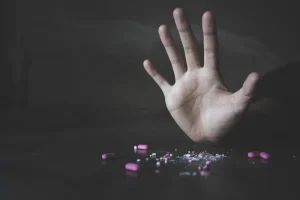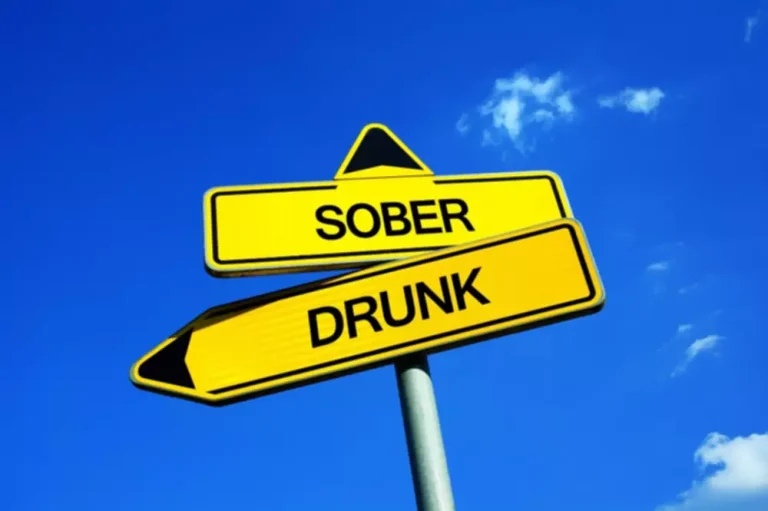
But even a regular, moderate routine of two to three drinks a day is enough to create sleep and performance problems for many people. In the first half of the night, when the body is metabolizing alcohol, studies show people spend more time in deep, slow-wave sleep and less time in REM sleep. REM sleep, which gets shortchanged in the first half of the night under the influence of alcohol, is important for mental restoration, including memory and emotional processing. If you fall asleep after drinking too much, your body will continue to break down the alcohol during the night. As your body works to lower your blood alcohol level, you may experience disrupted sleep and wake up more often than usual.
Can alcohol cause insomnia in young adults?
Having a beverage containing alcohol in the evening from time to time may slightly disrupt sleep, but consuming alcohol for multiple nights in a row or every night carries a greater risk of insomnia. 2020 research suggests that alcohol impacts the part of sleep known as rapid eye movement (REM). Drinking heavily over time can also disrupt the chemical messengers in the brain, which can affect sleep. Alcohol increases levels of adenosine, a key component of the homeostatic drive. The homeostatic drive is responsible for keeping our body balanced, and it’s one of the major mechanisms that regulates the sleep-wake cycle.

Insomnia and Alcohol
Drinking too much is likely to have the opposite effect and leave you feeling groggy and possibly hungover the next day. Also, research shows that people can develop a tolerance to this boozy method within three nights, causing you to need a larger amount of alcohol to get the same effect. First, alcohol affects everyone differently because of a slew of factors, like age, biological sex, and body composition, just to name a few. If you pass the moderate threshold, though, you’ll get a lot more of that initial non-REM sleep, but significantly reduce the total percentage of REM sleep over the whole night. CBTi, as offered by Sleepstation, could help if you’re experiencing alcohol-induced insomnia.
- Sure, that nightcap, last glass of wine or beer before bed may help you feel sleepy.
- Research suggests that, as a depressant, alcohol does help you fall asleep faster, but those effects quickly wear away after just a few hours as your body tries to eliminate the alcohol from your system.
- While certain people are natural moderators who never drink more than the suggested amount, the truth is, most people who drink consistently will eventually need to re-evaluate the way they are drinking.
Like what you’re reading? Subscribe to our newsletter and get the same great content delivered straight to your inbox!
The circadian rhythm also plays an important role in kidney function. While your internal clock regulates the kidney’s release of electrolytes and works to filter fluids, alcohol inhibits these processes. It is recommended you increase your daily water consumption and avoid drinking alcohol before bed to prevent its dehydrating effects.

- While alcohol can make it easier to fall asleep and stay asleep for a few hours, it’s important to note that alcohol’s sedative effect wears off during the night.
- Some people may assume alcohol is helpful for sleep, since it has a relaxing, soporific effect.
- Here’s what else to know about the relationship between nightcaps and your nightly rest.
- The idea of attempting to sleep without alcohol can cause anxiety, which can lead to more drinking, perpetuating the cycle of alcohol abuse.
These impairments could mean the danger signs related to substance use — and excess alcohol consumption — are missed. It’s also worth remembering that alcohol isn’t solely responsible for disrupted sleep. Your daily habits and environment can significantly impact the quality of your sleep. Take the Sleep Quiz to help inform your sleep improvement journey. Answer three questions to understand if it’s a concern you should worry about. Give yourself a cutoff of at least three hours prior to hitting the hay (longer if you drink more).
If you feel pretty drunk, you’ll probably fall asleep quickly but have a restless night. Finally, going to bed with alcohol in your system increases your chances of having vivid dreams or nightmares, or sleepwalking and other parasomnias. Research shows that alcohol actually has a disruptive effect on your sleep the rest of the night and messes with sleep quality and quantity. Sure, that nightcap, last glass of wine or beer before bed may help you feel sleepy.
- In alcoholic insomnia the patient tosses from side to side during nearly the whole night, getting only broken snatches of sleep attended with frightful dreams.
- Also, research shows that people can develop a tolerance to this boozy method within three nights, causing you to need a larger amount of alcohol to get the same effect.
- Perhaps surprisingly, it found that alcohol affected the sleep of younger people more than it did older adults.
- The condition is linked to fatigue as well as serious cardiovascular conditions like heart attack and stroke.
For people who snore or who have sleep apnea—a disorder that causes repeated pauses in breathing during sleep—drinking alcohol tends to aggravate symptoms. If you are one of the nearly two thirds of Americans who drink alcohol, chances are, you’ve had a drink in the hours before bedtime. Maybe you enjoy a glass of beer or wine after dinner, or your weekends include drinking with friends at bars or social events. Because of the damage that alcohol can do to your sleep cycles, sleep problems are common, even if you stop drinking.
Why drinking makes you snore

Some people may find they can’t sleep after drinking or their sleep quality suffers, and the science backs up this reality. Conversely, a chronic lack of sleep can leave you with a host of problems. You may notice how exhausted you feel after a restless night, but you may not realize how severe the long-term effects can be when you’re consistently under-rested. Sleep deprivation can leave you vulnerable to illnesses, weight gain, diseases, mental health and mood issues and mental acuity problems. However, in the second half of a night’s sleep, alcohol diminishes the amount of REM sleep.
Binge drinking occurs when a man has five drinks, or a woman has four drinks within two hours. This pattern of drinking is linked to insomnia, which can develop after binging. One study on binge drinking and insomnia found that people who binged two days a week had an 84% higher chance of having insomnia. Doctors have found that on its own, alcohol can narrow your upper airway and lead to sleep apnea problems, even if you have never had them before. Typically, an adult needs seven to eight hours of quality sleep at night, though every person is different.
Healthy Bedtime Snacks To Eat Before Sleep
First off, while wine and other alcohols have notorious sedative effects, it’s important to note that these drinks also have calories, which means they give us energy, too. So while alcohol is being processed, before you begin to feel a bit drowsy, the does alcohol help you sleep calories are being converted to energy. Research also indicates that drinking alcohol makes a person more likely to experience a sleep-related eating disorder. The primary characteristic of these disorders is episodes of binge eating during the night.

0 Responses to How Does Drinking Alcohol Before Bed Affect Sleep?